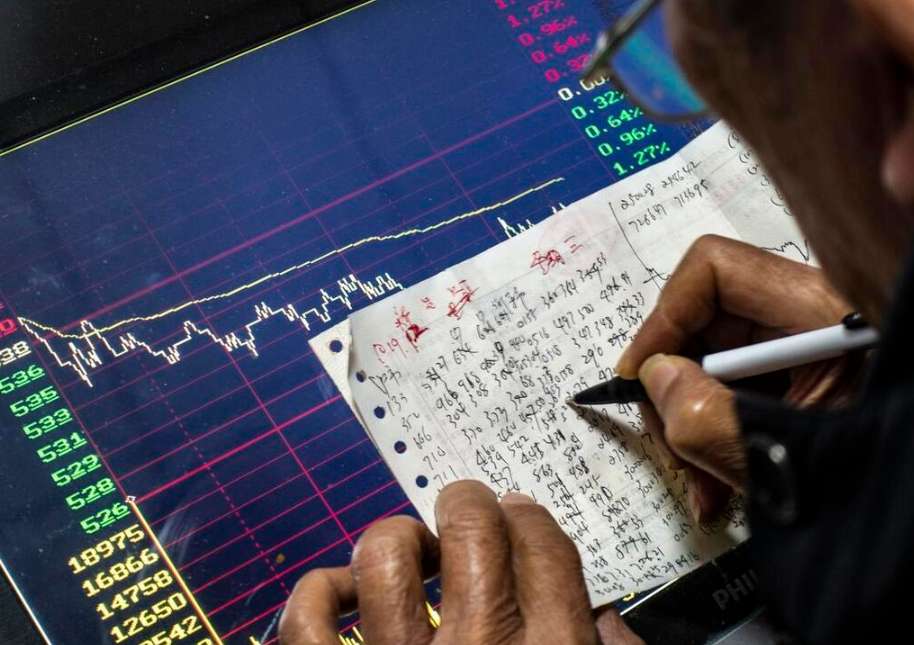Pharma Giants Expand Globally Through Joint Authorizations
Advertisements
In recent weeks, the pharmaceutical landscape in China has witnessed a significant surge in activity, marking a landmark moment for local drug companies and their endeavors in global markets. Notably, the announcement made by the Shijiazhuang Pharmaceutical Group indicates a strategic partnership that could reshape the dynamics of biopharmaceutical development. Their subsidiary, Shijiazhuang Boqi, entered into an exclusive licensing agreement with Radiance Biopharma for the antibody-drug conjugate SYS6005, highlighting the increasing potential of innovative therapies emerging from China.
This move is not standalone; since the beginning of 2025, several Chinese pharmaceutical firms have inked lucrative agreements with foreign companies, reaching potentials as high as $1 billion. This has raised expectations within the industry, as many experts predict that Chinese firms with formidable research and development capabilities are gearing up to compete with international players on the world stage. The projections for 2025 are optimistic, with anticipation building for advancements in new drug development and international ventures.
A key aspect of this trend is the growing number of product licenses granted for international markets. The agreement between Shijiazhuang Boqi and Radiance Biopharma grants the latter exclusive rights to develop and commercialize SYS6005 across multiple regions, including the United States, the EU, and several countries in Oceania and Europe. Shijiazhuang Boqi will receive an upfront payment of $15 million, alongside additional milestone payments that could reach $1.5 billion pertaining to development and regulatory approvals, and further sales milestones totaling a staggering $1.075 billion. Such financial terms underline the value attributed to innovative products originating from Chinese laboratories.
Moreover, the field of antibody-drug conjugates (ADCs) has emerged as a focal point for many domestic pharmaceutical companies looking to achieve international outreach. For instance, on January 2, I-Mab Biopharma announced a global exclusive cooperation agreement with Roche for IBI3009, a next-generation ADC targeting Delta-like ligand 3 (DLL3). This agreement could potentially yield milestone payments up to $1 billion and is indicative of the types of high-stakes collaborations occurring in the sector. Just days later, another Chinese company, InnoCare Pharma, followed suit with their development partner Avenzo Therapeutics to secure exclusive global rights for DB-1418, another promising ADC.
Additonally, another noteworthy partnership occurred on January 13, when the oncology-focused subsidiary of Hanmi Pharmaceutical, Hanmi Science, secured a licensing selection agreement with AbbVie regarding their investigational candidate drug SIM0500. Such agreements, with upfront payments and prospective milestone payments exceeding $1 billion, demonstrate the scope and scale of financial commitments increasingly made by foreign companies to secure access to cutting-edge therapies developed in China.

In another instance, Baiyunshan Pharmaceutical Group announced a licensing and commercialization deal with Intas Pharmaceuticals for BAT2506 (golimumab). Under this agreement, BAT2506 will be exclusively licensed for commercial rights in the U.S. market, with Baiyunshan responsible for research and production. Overall, the expected cumulative payments for this agreement could surpass $164.5 million, further reflecting the robust international interest in Chinese pharmatech innovations.
Recent findings from Ping An Securities revealed that in 2024, domestic biopharmaceutical firms registered over 100 licensing transactions with disclosed total values nearing $50 billion—indicative of a record-high for the sector. With 88 of those transactions involving overseas licensing, this showcases an accelerating trend for innovative Chinese drugs to find their footing on a global scale, underscoring strong growth prospects for Chinese biopharma.
This robust activity is underpinned by a commitment to innovation among Chinese pharmaceutical companies. The National Medical Products Administration (NMPA) reported that there were 48 innovative drugs approved for market entry by the end of 2024, reflecting a significant push in the research and development sector. As 2025 unfolds, numerous innovative drugs continue to gain regulatory approval. For instance, alongside the SYS6005 announcement, the NMPA recently conditionally approved the marketing of Eribulin injection (RuiBaiSheng) developed by Platinum BioTechnology.
Furthermore, the extension of product indications has also proven fruitful for several publicly traded companies. For example, Junshi Biosciences, noted for its pioneering PD-1 antibody, Toripalimab, received conditional approval in December 2018 and recently gained FDA approval for nasopharyngeal carcinoma, marking a significant marker of success. Their projected revenue for 2024 is anticipated to exceed $1.9 billion—a 30% year-on-year growth—demonstrating the revenue uplift driven by expanding commercialization of their products.
Another prominent element in the evolving pharmaceutical landscape is the integration of artificial intelligence technologies in drug development. Recently, numerous medical companies have unveiled their AI applications, highlighting collaborative ventures focused on AI-driven pharmaceutical innovations, data sharing, and enhanced clinical research capabilities. Junshi Biosciences, for instance, emphasizes the importance of measurable business value alongside their digital investments, showcasing the uptake of AI within their operations, including virtual training applications and AI-assisted quality reviews.
Furthermore, on January 17, another collaboration came into fruition as Chia Tai Tianqing and Fermion Technology announced their partnership on an innovative pain management drug, FZ002-037, targeting SSTR4. Notably, Fermion is an emerging small-molecule AI biotech company, confirming that an influx of sophisticated technologies is reshaping drug development vectors in China.
Equities analysts foresee that AI-driven efficiencies will pave the way for domestic drug commercialization, potentially altering payment expectations and fostering asset valuations. As "AI+medical" applications unfold in realms such as drug discovery, cancer diagnostics, and medical imaging, the industry is poised for transformative changes that could redefine contemporary biopharma landscapes.
In summary, the increasing volume of high-stakes agreements, successful regulatory pathways for innovative drugs, and the infusion of AI in pharmaceuticals herald a promising trajectory for the Chinese biotechnology ecosystem. Observers remain optimistic that these developments could very well prompt a robust competitive stance for Chinese firms on the global stage by 2025 and beyond.
Leave A Reply